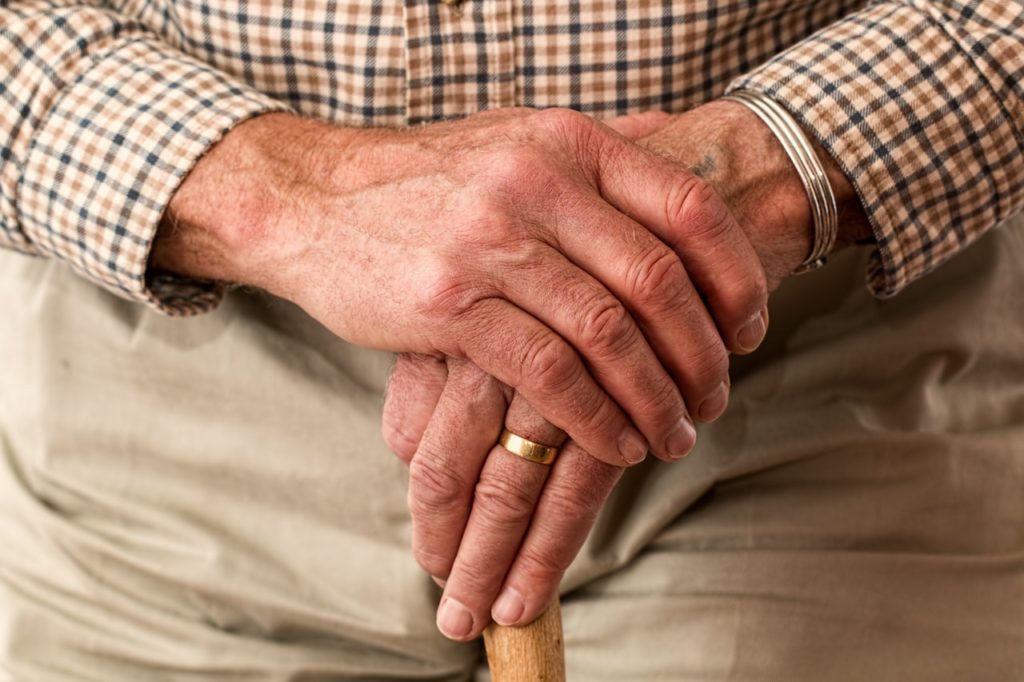As a family, you’d want the best possible care they can get. Whether it be by another family member, a medical professional, or a caretaking professional, ensuring that your elderly relative gets the right care they need and deserve is one of your top priorities.
What are the two categories of elderly care?
In the United States, elderly care can be divided into two categories. Mainly: family- and professional-provided care. The care provided by the two categories come with their own advantages and disadvantages. But in making sure the elderly get the care they need is both care programs’ ultimate goal.
What is under family-provided care?
Care provided by family members is provided inside the elderly’s home. In other cases, it’s the elderly that moves into the caring family member’s home. When an elder is receiving care from family members, it cannot be avoided that professional care intervention will come into the picture.
Why? Because there are times when family members may not be present due to personal businesses that require them to be away from the elderly who needs care.
Who can take care of the elderly relative in place of the family?
During times when a family member is not present to care for the elderly, the presence of professional caretakers or the following:
- Housekeepers
- Homemakers
- Health aides
They may not be trained to provide elderly care, but they can help the elderly with preparing their meals, assisting in bathing and dressing, and ensuring that medication, if needed, is taken during appropriate times with the appropriate amount.
The home healthcare worker can be a certified nursing assistant, nurse’s aid, or other types of certified medical care providers that work in people’s homes.
Nursing and health aides can be provided by agencies that negotiate with the family of the elderly. A benefit of opting for their services is that there’s a guarantee that the caretaker they will send to provide care for the elderly are fully trained, licensed, and are liable for the care they provide.
When contracting an independent nurse or health aide, there may be uncertainty — judging from the lack of information the family receives when it comes to the skills and professionalism of the independent care provider.
Can the elderly also receive care outside of their residence?
Elderly people, even the ones who are fully capable of accomplishing daily and basic tasks with no assistance, can receive minimal care outside of their homes.
There are a variety of living facilities that cater to the varying needs of elderly people — the ones who need round-the-clock care to the ones who need little to no care or assistance.
Independent living facilities
Independent living facilities give elderly people a chance to live on their own within a community of people their age. This can help them maintain their social lives — a way to avoid a prominent problem among people of old age — loneliness.
This living facility has apartments and condominiums that are available for rent or purchase. The community is engaged in activities and are provided with transportation services — all done to mimic the normal lives outside of the independent living facility.
Assisted living facilities
These living facilities offer the elderly direct care and help with activities on a daily basis. Similar to independent living facilities, assisted ones also features apartments and condominiums within a community of people with similar needs.
In assisted living facilities, residents are allowed to participate in community activities, receive professional care, and come and go as needed.

Nursing homes
Nursing homes are for elderly people who require care 24 hours a day. They need supervision because of their health condition that makes them unable to accomplish basic tasks.
Nursing home residents are also constantly monitored to watch over their health condition. The residents either have a life-limiting illness or opted for out-of-hospital care based on physician recommendations.
This care facility has registered nurses, licensed practical nurses, and nurse’s aides providing care round-the-clock.
Dementia care facilities
This care facility specializes in providing care for elders with Alzheimer’s disease or other forms of dementia. The residents receive assistance in daily activities and nursing.
The facilities also provide occasional social and community activities aimed at keeping the residents engaged socially. Dementia care facilities can also administer medication if state regulations allow.
Who should provide elderly care?
The answer is dependent on the needs of the elderly relative. Do they have a health condition that requires constant supervision from medical professionals? Are they able to do daily activities?
The answer to these questions will define the right care your relative needs. Make sure to observe and ask them questions in order to properly address the matter.

